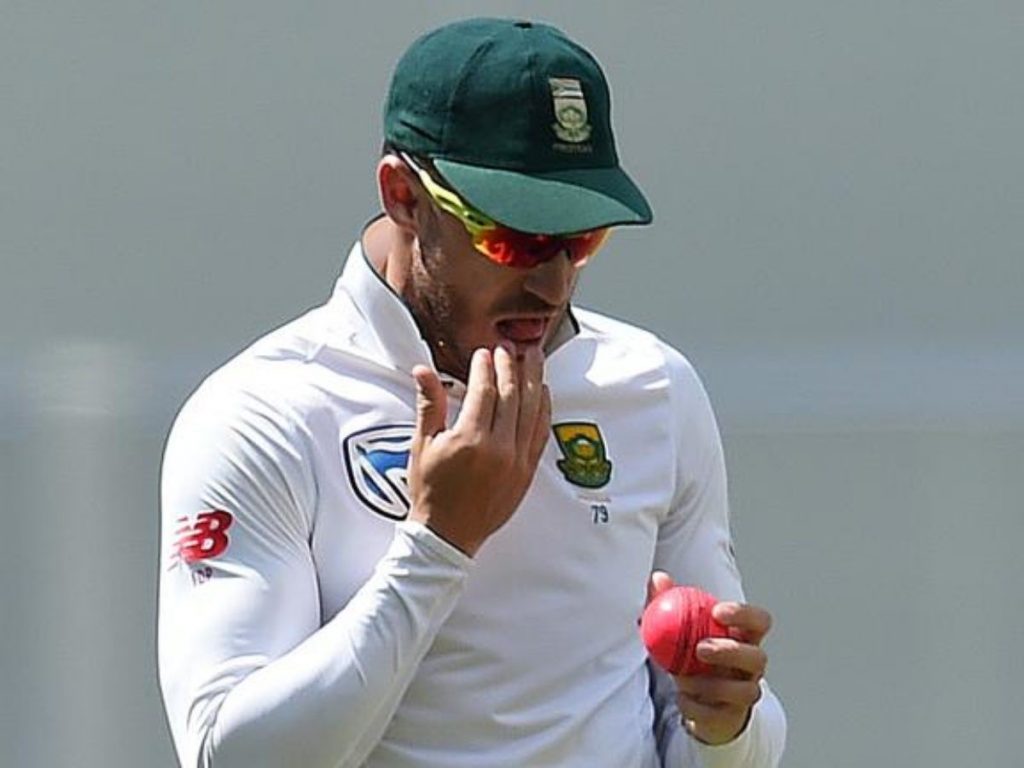MCC's new code of laws destigmatizes the 'Mankad' among other major changes
Custodian of cricket laws, the Marylebone Cricket Club (MCC), has decided to move the law relating to run-outs at non-striker’s end from its “unfair play” section besides completely banning the use of saliva to shine the ball.

Run-outs at non-striker’s end when batters back up too far have often triggered heated debates on the spirit of the game and several players like India’s premier off-spinner Ravichandran Ashwin has advocated for it as a fair mode of dismissal. “Law 41.16 running out the non-striker has been moved from Law 41 (unfair play) to Law 38 (run out). The wording of the Law remains the same,” the MCC said in a media statement late on Tuesday. It was in 1948 when the dismissal first came to be known. Indian legend Vinoo Mankad ran out Australian wicketkeeper Bill Brown at the non-striker’s end after duly warning him for backing up too far.
The Australian media dubbed it as ‘Mankading’, a name that stuck in popular parlance but was vehemently opposed by legends like Sunil Gavaskar for being “disrespectful” towards Mankad. The MCC also said that using saliva to shine the ball would be treated as an unfair practice. Saliva application was barred by the ICC in view of the COVID-19 pandemic and MCC said its research found that applying saliva had no impact on the ball’s movement.

“When cricket resumed following the onset Covid-19, playing conditions were written in most forms the game stating that applying saliva to the ball was no longer permitted. “MCC’s research found that this had little or no impact on the amount swing the bowlers were getting. Players were using sweat to polish the ball, and this was equally effective,” it said.
Must Read: ICC Test Rankings: Ravindra Jadeja Becomes World No. 1 All-rounder; Virat Kohli, Rishabh Pant Climb in Batting Chart
Changes in rules of cricket, officially announced by MCC
The other changes recommended are:
Law 1: Replacement players
The replacement players will be treated “as if they were the player they replaced, inheriting any sanctions or dismissals that player has done in that match.”
Law 18: Batters returning when caught
When a batter is out caught, the “new batter shall come in at the end the striker was at, i.e. to face the next ball (unless it is the end an over).”
Law 20.4.2.12: Dead ball
The amendment suggests that the calling Dead ball takes into account “if either side is disadvantaged by a person, animal or another object within the field play.”
“From a pitch invader to a dog running onto the field, sometimes there is outside interference if this is the case, and it has a material impact on the game, the umpires will call and signal Dead ball.”
Law 21.4: Bowler throwing at striker’s end before delivery
“If a bowler throws the ball in an attempt to run out the striker before entering their delivery stride, it will now be Dead ball. This is an extremely rare scenario, which has until now been called as a No ball.”
Law 22.1: Judging a Wide
The amendment takes into account the movement of a batter before the ball is bowled.
“It was felt unfair that a delivery might be called ‘Wide’ if it passes where the batter had stood as the bowler entered his/her delivery stride.
“Therefore, Law 22.1 has been amended so that a Wide will apply to where the batter is standing, where the striker has stood at any point since the bowler began their run-up, and which would also have passed wide of the striker in a normal batting position.”
Law 25.8: Striker’s right to play the ball
“If the ball should land away from the pitch, the new Law allows the striker to play the ball so long as some part of their bat or person remains within the pitch. Should they venture beyond that, the umpire will call and signal Dead ball. As recompense to the batter, any ball which would force them to leave the pitch will also be called No ball.”
Laws 27.4 and 28.6: Unfair movement by the fielding side
“Until now, any member of the fielding side who moved unfairly, was punished only with a Dead ball…Given the action is both unfair and deliberate, it will now see the batting side awarded 5 Penalty runs.”
Tags:



